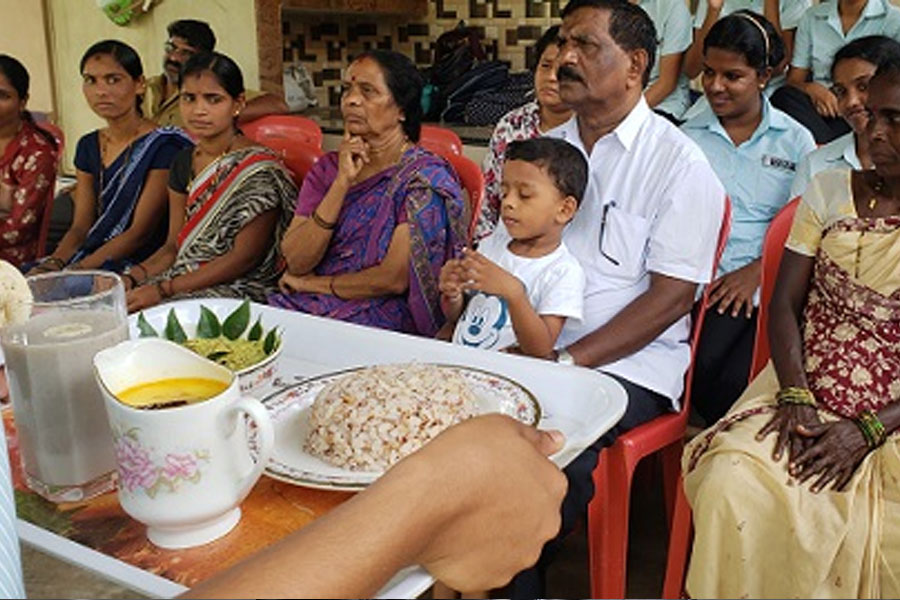




Welcome to Harijan Sevak Sangh, Bengal
The Harijan Sevak Sangh (HSS), an all India Non-Governmental Organization was founded by Mahatma Gandhi on September 30, 1932 following a large public meeting held in Bombay under the Presidentship of Pandit Madan Mohan Malaviya. The meeting was attended by all leaders of repute from all over the country. The meeting was prompted by the epic fast of Gandhiji in Yervada Jail near Poona in protest against the nefarious design of Communal Award, which threatened to separate the so-called untouchables from the mainstream of Hindu Society. The British Government relented by this combined pressure and withdrew the award leading to breaking of fast by Mahatmaji. Gurudev Rabindra Nath Tagore went to Yervada Jail and gave a glass of fruit juice to Mahatmaji to enable him to break his fast.
Aims and Objectives
In order to operationalize the broad aims and objectives evolved during the last 80 years, the aims and objectives of the Sangh as currently envisaged are as follows :-
i) To promote social, economic and cultural welfare of the underprivileged and weaker sections including Harijans, Adivasis, Dalits and help them to live a dignified life.
ii) To secure human development irrespective of caste, creed, sex and religion.
iii) To bring about growth and development of the children on holistic concept.
iv) To disseminate popular education in place of elitist education of the present day so as to ensure “Education for All”.
v) To promote vocational education and training leading to income generation including technical education in Computer, Management and Entrepreneurship.
vi) To develop an integrated health care system and sanitation on community based sustainable programmes.
vii) Empowerment of women through organizing Self Help Groups, awareness campaigns and economic rehabilitation.
viii) To promote organization for the welfare of the senior citizens and others.
ix) To propagate awareness and knowledge about exploitation of consumers by unscrupulous traders and service providers.
x) To promote and propagate ideas and ideals of Mahatma Gandhi and his eternal mission for international peace, non-violence, national integration and communal harmony.
Nature of Intervention

Child Education & Health

Information Technology

Other Programmes

Entrepreneurship Development Programme

Networking with different like minded organizations


